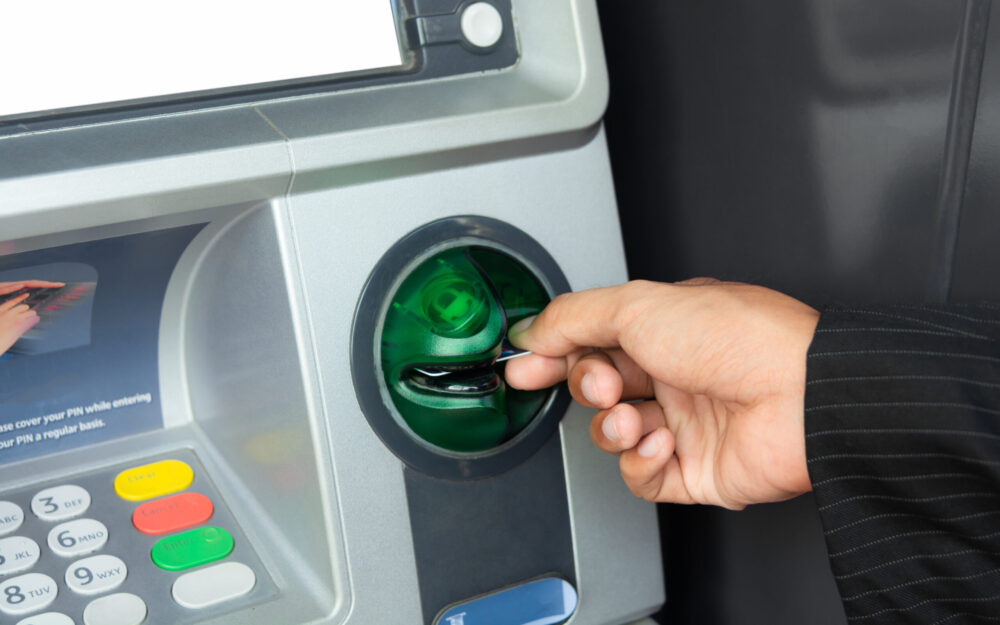A financial institution may allow you to keep your checking account upon your bankruptcy filing. However, this does not necessarily mean that your funds within this account will be protected from the bankruptcy trustee. Follow along to find out what checking account funds may be protected and how a proficient Louisville, Kentucky Chapter 7 bankruptcy lawyer at Schwartz Bankruptcy Law Center can help you do so.
Are the funds in my checking account protected in a Chapter 7 bankruptcy?
Of note, bankruptcy exemption laws allow certain properties to be excluded from your Chapter 7 bankruptcy proceedings. This means that you may be able to keep this property instead of having it taken by the bankruptcy trustee to pay off your creditors.
Certain states set an exemption limit for the funds in a debtor’s checking account. Say, for instance, that this exemption limit is $1,500 and a debtor has a balance of $2,000. In this case, the bankruptcy trustee may only be allowed to take $500 to pay off certain debts.
Unfortunately, the state of Kentucky is one of the few states that does not have an established exemption limit. This means that you may have little to no protection when it comes to the bankruptcy trustee seizing your checking account funds.
With this, however, you may be able to argue that the source of the funds in your checking account qualifies for exemption. For example, you may claim that this money is from your recurring paychecks; and Kentucky law allows you to protect up to 75 percent of your wages in a Chapter 7 bankruptcy. Or, you may state that this money comes from your pension or retirement account funds, your federal benefits, your life insurance proceeds, or even your child support or spousal support payments.
What assets may be exempted in the state of Kentucky?
As insinuated above, Kentucky’s exemption laws may allow you to protect your money in other ways. Just some examples are as follows:
- Homestead Exemption:
- You may protect your home that is up to $5,000 in value (i.e., Homestead Exemption).
- Personal Property Exemption:
- You may protect your personal injury award that is up to $7,500 in value.
- You may protect your household goods and clothing that are up to $3,000 in value.
- You may protect your tools, equipment, and livestock that are up to $3,000 in value.
- You may protect your cars that are up to $2,500 in value.
- You may protect professionally prescribed health aids for you and your dependents.
- Wildcard Exemption:
- You may protect your real or personal properties that are up to $1,000 in value.
There is no time like the present to get your money matters back on track. So reach out to a talented Louisville, Kentucky consumer bankruptcy lawyer from Schwartz Bankruptcy Law Center today.

